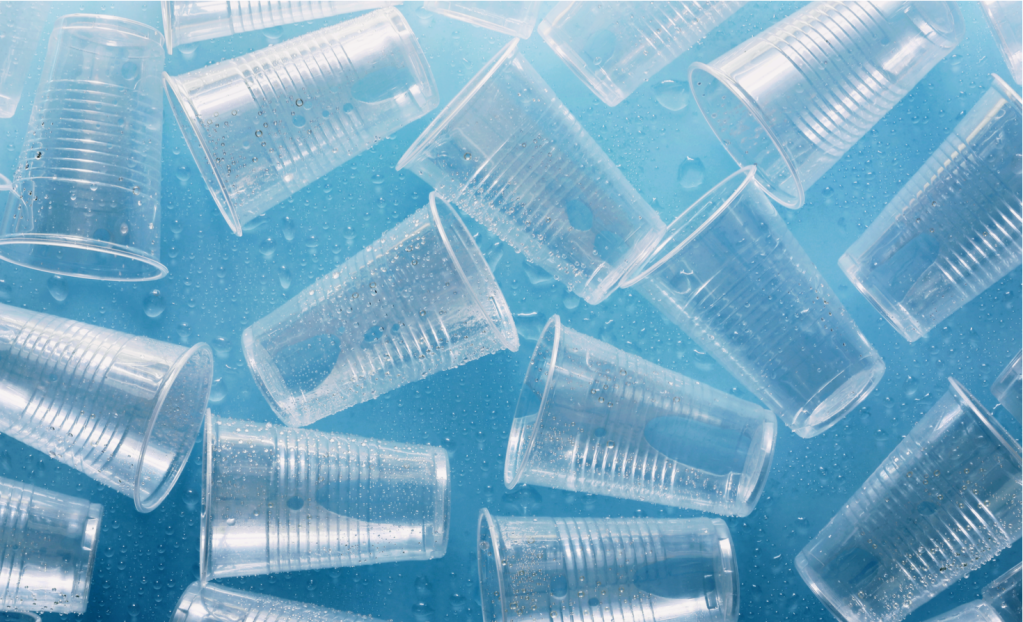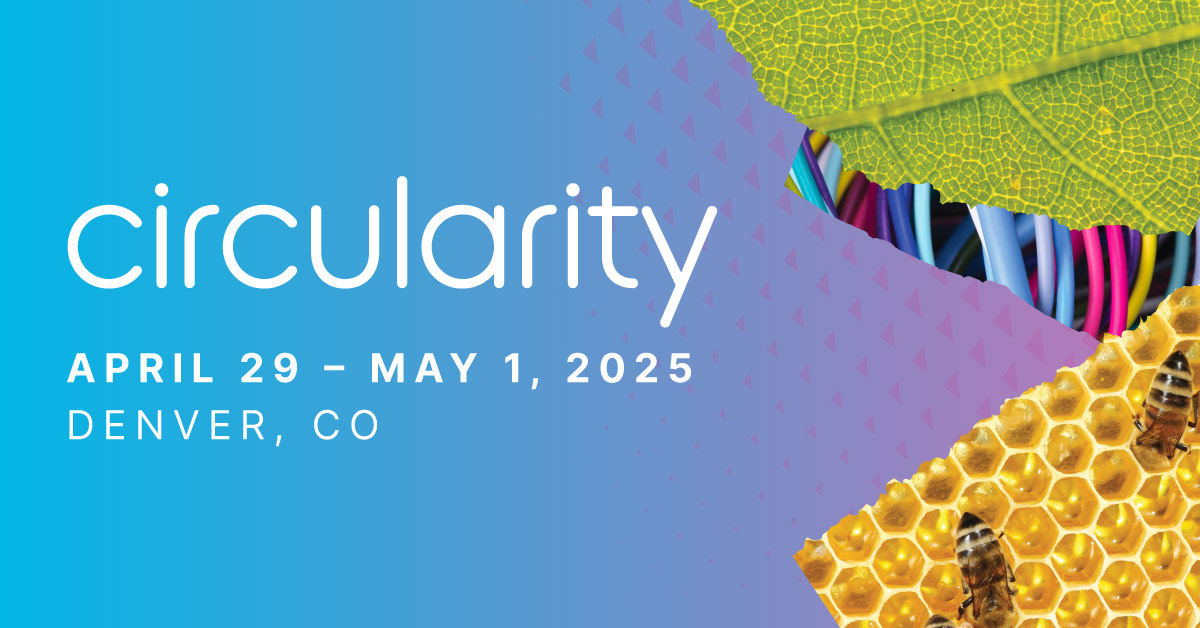Plastic crackdown: Europe moves to ban single-use plastic
A Europe-wide ban could be in place on certain items by 2021 — but is the war on plastics a distraction from the climate fight? Read More

Throwaway plastic items such as cutlery, cotton buds, straws and stirrers soon could be banned across Europe after MEPs backed measures to drive down the growing mountain of single-use plastic waste this week in Strasbourg.
The EU Parliament voted strongly in favor of a complete ban by 2021 on a range of plastic products which have readily available, non-plastic alternatives, such as plates, cutlery and balloon sticks.
MEPs also approved a phase-out of products containing “oxo-degradable” plastics, such as bags or packaging, and fast food containers made from expanded polystyrene by the same date.
The proposed bans are part of a package of proposals which also include waste reduction targets for other plastic items for which no alternatives to plastic exist, including takeaway food containers, as well as measures to tackle cigarette butts and lost fishing equipment.
The items covered by the proposed legislation cover around 70 percent of marine litter, according to the European Commission. Eighty percent of marine litter is made of plastic waste.
Speaking after the vote, Frédérique Ries, the Belgian MEP responsible for the package of plastic-fighting measures, said MEPs had “adopted the most ambitious legislation against single-use plastics.”
“Today’s vote paves the way to a forthcoming and ambitious directive,” she said in a statement. “It is essential in order to protect the marine environment and reduce the costs of environmental damage attributed to plastic pollution in Europe, estimated at ($25 billion) by 2030.”
The set of proposals won the backing of 571 MEPs with just 53 against, clearing a major hurdle towards becoming EU law. The European Parliament will enter into negotiations next month with the national ministers on the EU Council to agree on final draft of the bill.
Green groups broadly welcomed the vote as a step in the right direction, although some industry groups raised concerns the rules lacked clarity and could lead to misinterpretation, or potentially prompt a shift to other materials with unintended negative environmental consequences.
PlasticsEurope, which represents plastic manufacturing firms, said the legislation needed to be much clearer, raising concerns that the measures voted on had been rushed through too quickly and could risk “generally blurring the market.”
It said definitions for “plastic” and “single-use plastic product,” as well as some categories, were too ambiguous, and also argued against “disproportionate” bans on particular items.
“Bans are not the solution. They will discourage investments that are crucial to further develop technologies and infrastructure to recycle plastics,” the body said in a statement. “The root causes of marine litter are improper waste management, a lack of awareness and littering behavior: these are independent of material type.”
Not all single-use plastic items would face a complete ban under the proposals. The consumption of items for which no non-plastic alternative exist would have to be reduced by EU member states by at least 25 percent by 2025 under the new rules. Largely affecting the food service and retail sector, these items include single-use burger boxes, sandwich boxes and food containers for fruits, vegetables, desserts or ice creams.
Member states also would have to draft national plans to encourage the use of products suitable for multiple use and recycling.
In addition, other products such as drinks bottles would have to be collected separately and recycled at a rate of 90 percent by 2025 under the proposed legislation. The average recycling rate for PET drinks bottles across Europe at the moment is 57 percent, although this varies significantly by country.
Meanwhile, the tobacco industry in particular will face a number of new waste regulations and targets, with the EU Parliament citing statistics showing one cigarette butt can pollute between 500 and 1,000 liters of water, or if thrown onto the road can take up to 12 years to disintegrate.
MEPs backed proposals for the tobacco sector to reduce plastic in its products, such as in cigarette filters — one of the most littered single-use plastic items — by 50 percent by 2025, rising to 80 percent by 2030.
And in a bid to strengthen producer responsibility rules, tobacco companies also would have to cover the costs of waste collection for these products, including transport, treatment and litter collection.
Similar measures and targets were included for producers of fishing gear, which according to the EU make up more than a quarter — 27 percent — of the waste found on Europe’s beaches.
Samantha Harding, litter program director at the Campaign to Protect Rural England, welcomed the crackdown on single-use plastic products. “Only by removing these items from circulation are we going to eliminate them and the harm they cause to our countryside, oceans and wildlife,” she said.
She also called for the measures to be bolstered by additional taxes and charges to encourage consumer behavior change on recycling and better design of product packaging.
The vote comes on the back of public outcry over the impact of plastic waste on oceans, following Sir David Attenborough’s “Blue Planet 2” documentary series last year. Numerous retailers have sought to cut out plastic straws and other items in response, while the U.K. government is drawing up plans to ban some single-use plastics independent of EU efforts.
However, Bill Wirtz, policy analyst for the Consumer Choice Center (CCC), said the EU Parliament was wrong to approve the new plastics rules, arguing regulators should avoid rushing for “uninformed” bans which could push consumers towards alternatives that end up harming the environment in other ways.
“It should be up to consumers to decide what products they use,” he said. “If you believe that plastic isn’t fantastic, that’s fine, but going on an uninformed craze against anything made out of plastic is neither rational nor productive.”
The recent vote comes during a week to forget for the plastics recycling industry in the United Kingdom, with British waste having been found illegally dumped abroad rather than recycled, and the U.K. plastics sector facing an Environment Agency probe over suspected fraud.
As a result, plastic waste yet again has been high on the news agenda, prompting concerns the war on plastic waste could distract consumers and businesses from the pressing fight against rising carbon emissions.
A YouGov survey of nearly 2,000 adults this week found 63 percent saw plastic waste and climate change of equal importance to tackle, compared to 21 percent who saw the plastic crisis as a greater priority, and just 7 percent citing climate change as more important.
Meanwhile, the widespread support among MEPs for an ambitious plastic crackdown stands in contrast to support for action on climate and energy issues at EU level. Reports from the past few days suggest the likes of Germany and Poland are “wobbling” on agreeing tougher emissions cuts at EU level, with the United Kingdom — historically a leader within the EU on climate issues — losing its influence since the Brexit vote.
Adding his voice to criticism of outright bans on certain plastic products, Philip Law, director general of the British Plastics Federation, highlighted the tension between the two pressing environmental issues. Plastic, he argued, in fact could be beneficial for reducing food waste and tackling climate change.
“It is important for governments across the globe to work together with brands, retailers and industry to identify and implement the most effective solutions to reducing the global issue of marine litter and we welcome much of the political will across Europe to take action,” he said. “But we feel the proposal to target certain products made of expanded polystyrene is unjustifiably discriminatory and we also do not encourage bans on products. It is important to remember that plastic actually benefits the environment in a great number of ways, such as reducing food waste and lowering CO2 emissions.”
The EU package certainly delivers a strong signal to businesses to plan moves away from certain plastic items as quickly as possible. Yet the smartest firms will concentrate not just on outlawing high-profile plastics, but ensuring their replacements do not hamper the fight about climate change. In the EU at least, the recent vote suggests the tide is turning on our throwaway culture.













